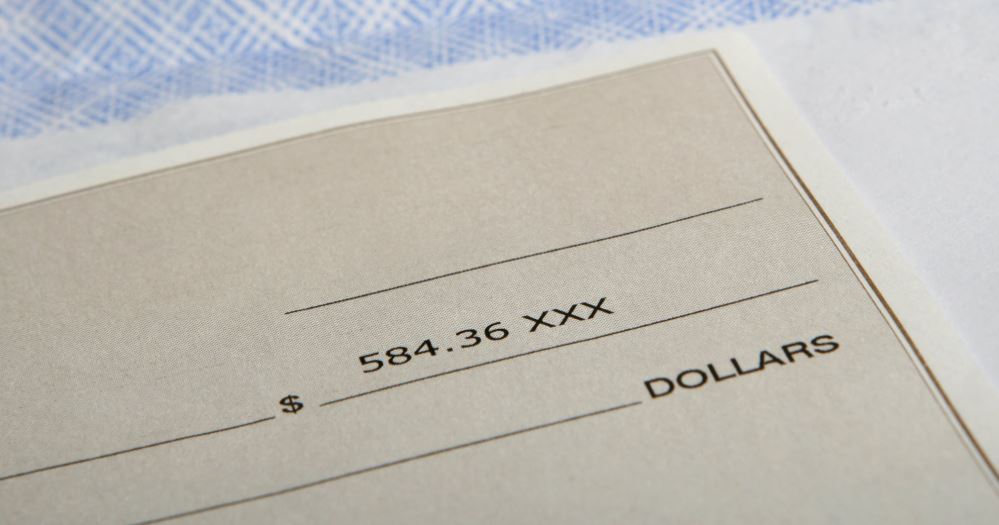The Benefits of Paperless Payroll
Paperless payroll is a paper-free payroll process that has become popular in recent years. But despite the groundswell of support for paperless payroll solutions, employers should examine the details before making the switch.
Electronic storage
Stores payroll documents on your computer, eliminating clutter and making payroll documents easier to find. Offers unlimited storage options and the files can be accessed at any time from a mobile or desktop computer. Also, by reducing all that paper and waste, you promote your business as being eco-friendly.
Electronic funds transfer
Allows you to transfer wages to your employees electronically, such as via direct deposit or pay cards, eradicating or minimizing the need for paper checks.
Employee self-service
Gives employees the ability to access their payroll information online. They can digitally view and print paystubs, send time-off requests to their manager, update their personal information, track their work time and schedule, and access payroll information 24/7. Managers can monitor work schedules, approve time-off requests, and share HR and payroll documents with employees. Many payroll providers even offer a mobile app for easy access.
Electronic time sheets
Allows employees to clock in and out online, via their phone or via an electronic timekeeping system that doesn’t require paper time cards. Cuts down on time theft and performs time card rounding.
Payroll compliance
Calculates wages and deductions plus enables online payroll tax reporting, increasing speed and accuracy while lowering the risk of noncompliance. Keeps your payroll records organized, helping you adhere to federal and state recordkeeping standards. Because the system is online it’s much easier to meet your payroll deadlines, even during unexpected events such as bad weather.
Money saver
The American Payroll Association says that employers are switching to paperless payroll because it makes good financial sense. Sources of savings include spending less on stationery and printing, minimizing manual labor, reducing fraud, and letting employees self-manage certain aspects of their payroll instead of having to contact your payroll staff.
What to watch out for
Although paperless payroll is the wave of the future, it isn’t without its pitfalls. Fortunately, with a little care, you can avoid these. Keep in mind the following caveats as you proceed:
Paystub regulations Many states have paystub laws, which may cover electronic paystub delivery. Stay on top of your local regulations. For example, in some states, employers that offer direct deposit must also give employees the option of paper checks. Also, some states require that employers give employees the ability to opt out of receiving their paystubs online.
Talk with the appropriate professionals before making decisions on how you want to manage your payroll system and how local regulations affect your decisions.
Want to learn more about switching to a paperless payroll process? Contact us today.
Copyright © 2019







Reply a Comment